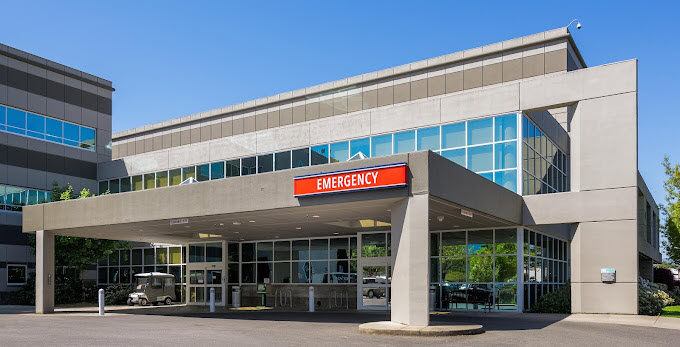Share:
When people come to our EDs, we see them

Asante’s purpose is to provide care to our community, and this is especially true for those experiencing a medical emergency or who arrive in our Emergency Department needing help.
As such, Asante fully complies with Emergency Medical Treatment & Labor Act, or EMTALA, a federal law that provides every person with a minimum safety net of emergency medical care, regardless of their ability to pay.
When a person comes to an Asante emergency department (the ED, OB unit or psychiatric care unit) seeking treatment for an emergency medical condition, Asante has a duty to conduct a medical screening examination in a nondiscriminatory manner to determine if an emergency medical condition exists.
If the physician or advanced practitioner determines that an emergency medical condition exists, the hospital must provide necessary treatment to stabilize the patient’s condition or transfer the patient as appropriate.
No delays in exams or treatment and no questions about ability to pay
EMTALA also prevents Asante from delaying the medical screening examination or stabilizing care to ask about a patient’s ability to pay for care. However, EMTALA does allow a “reasonable” registration process to include collecting demographic information, insurance information and emergency contact information.
These registration processes cannot delay necessary care or discourage the patient from remaining in the Emergency Department. This includes discussing cost-sharing or attempting to collect co-pays before the patient has been stabilized.
Other important reminders
- “Triage” is not the same as a medical screening exam. Triage is a process that determines the order in which patients are seen in the Emergency Department. The medical screening exam is a physical exam, including any necessary diagnostic tests or procedures, performed by a physician or advanced practitioner to determine whether a patient has an emergency medical condition, and if so, how to stabilize that condition.
- A patient who presents to the Emergency Department and refuses to wear a mask, even when required by Oregon’s mask mandate, still must undergo a medical screening exam and be stabilized or transferred. Certainly, staff and providers should attempt to use Words that Work
 to gain the patient’s cooperation. But if the patient continues to refuse, Asante has a duty under EMTALA to provide a medical screening exam and stabilize the patient within the hospital’s capability and capacity.
to gain the patient’s cooperation. But if the patient continues to refuse, Asante has a duty under EMTALA to provide a medical screening exam and stabilize the patient within the hospital’s capability and capacity. - Asante has a team that investigates and responds to potential EMTALA concerns. This multidisciplinary team includes Compliance, Nursing leadership, Transfer Admit Center leadership and Legal. This team conducts a robust root-cause analysis and partners with leaders to address EMTALA risks or fulfill any potential reporting obligations.
Learn more
For other detailed EMTALA requirements, review Asante’s EMTALA policy.![]()
Any EMTALA-related questions or concerns can be directed to co********@as****.org.
Visit the Compliance![]() page on myAsanteNET, for additional FAQs.
page on myAsanteNET, for additional FAQs.
If you have a question, please contact the author or relevant department directly.



